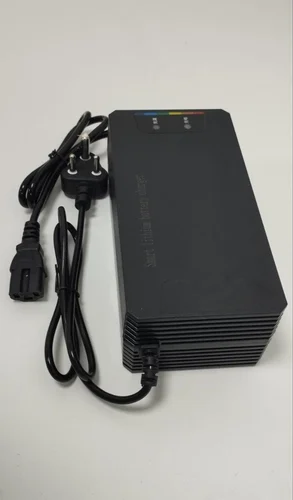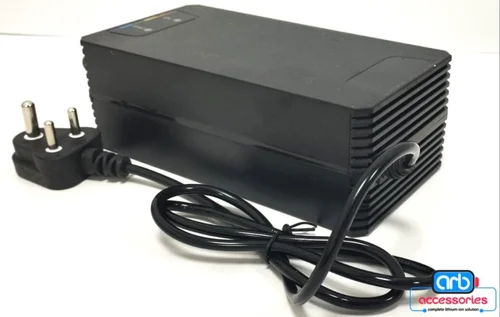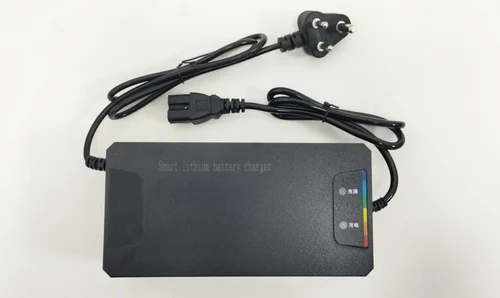Imported Ev Bike Charger/ E-Scooter Charger 69.2V 6AMP
₹1,400.0
Product Specification
| Output Voltage | 60 V |
| Vehicle Type | Bike |
| Usage/Application | EV Bike and E-Scooter |
| Brand | Imported |
| Battery Type | NMC/LFP |
| Warranty | no |
| Battery Voltage | 69.2v |
| Current | 6amp |
| Pin Type | 3pin |
| Color | Black |
| Material | ABS |
| Wheels Available | No |
| Cooling Fan | No |
| Minimum Order Quantity | 1 |
Product Description
We have NMC/ LFP/ Lead acid type Chargers available for more enquiry contact us.
- Description
- Additional information
- Reviews (0)
- Q & A
- Sustainability Remark
- More Offers
- Store Policies
- Inquiries
| brands | Imported |
|---|---|
| Color | Black |
You must be logged in to post a review.
Q & A
The sustainability of electric vehicle (EV) chargers depends on several factors, including their energy source, manufacturing process, lifespan, and end-of-life management. Here are some aspects to consider regarding the sustainability of EV chargers:
Energy Source: The sustainability of an EV charger largely depends on the energy source used to generate the electricity it consumes. If the electricity comes from renewable sources like solar, wind, or hydroelectric power, the environmental impact of charging EVs is minimized. However, if the electricity is primarily generated from fossil fuels, the overall sustainability is reduced, as it contributes to carbon emissions and pollution.
Manufacturing Process: The sustainability of EV chargers also depends on their manufacturing process. If the manufacturing process incorporates environmentally friendly practices, such as the use of recycled materials, energy-efficient production methods, and reduced waste generation, it can contribute to the sustainability of the chargers.
Lifespan and Efficiency: The lifespan and efficiency of EV chargers are crucial for sustainability. Long-lasting chargers reduce the need for frequent replacements and associated waste generation. Moreover, highly efficient chargers minimize energy losses during the charging process, ensuring that more of the electricity is effectively utilized and reducing the overall environmental impact.
End-of-Life Management: Proper end-of-life management is essential to ensure the sustainability of EV chargers. Recycling or responsible disposal of components and materials helps reduce waste and prevents potentially harmful substances from entering the environment. Manufacturers and users should prioritize recycling and take advantage of available recycling programs for EV chargers.
Infrastructure Planning: The sustainability of EV chargers is also influenced by the strategic planning of charging infrastructure. Ensuring an adequate number of chargers in convenient locations helps reduce the need for long-distance travel to find a charging station, minimizing energy waste and maximizing the utilization of existing infrastructure.
Integration with the Grid: Smart charging solutions and grid integration technologies can enhance the sustainability of EV chargers. These systems enable charging during periods of low electricity demand or high renewable energy generation, reducing strain on the grid and optimizing the use of renewable resources.
To promote the sustainability of EV chargers, it is essential to consider these factors holistically, from the energy generation stage to end-of-life management, while also encouraging the use of renewable energy sources and promoting efficient charging practices.
General Inquiries
There are no inquiries yet.





















Reviews
There are no reviews yet.